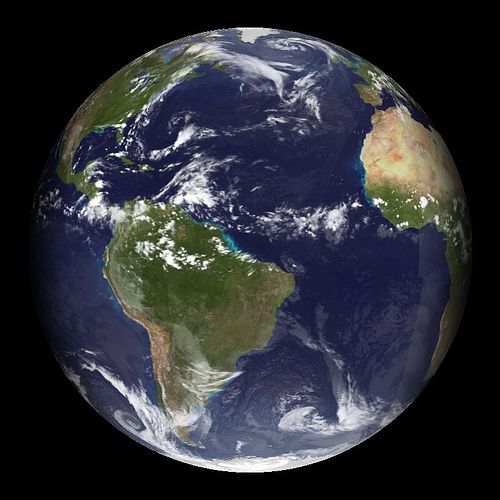Introduction
The Baltic University Programme Sustainable Development Course

This course in an update of the earlier BUP course A Sustainable Baltic Region (SBR). The original SBR course was printed and published in 1996 – 1997.
This update was first published on the internet in 2013. Some links and illustrations have been further updated in 2017 and 2023.
